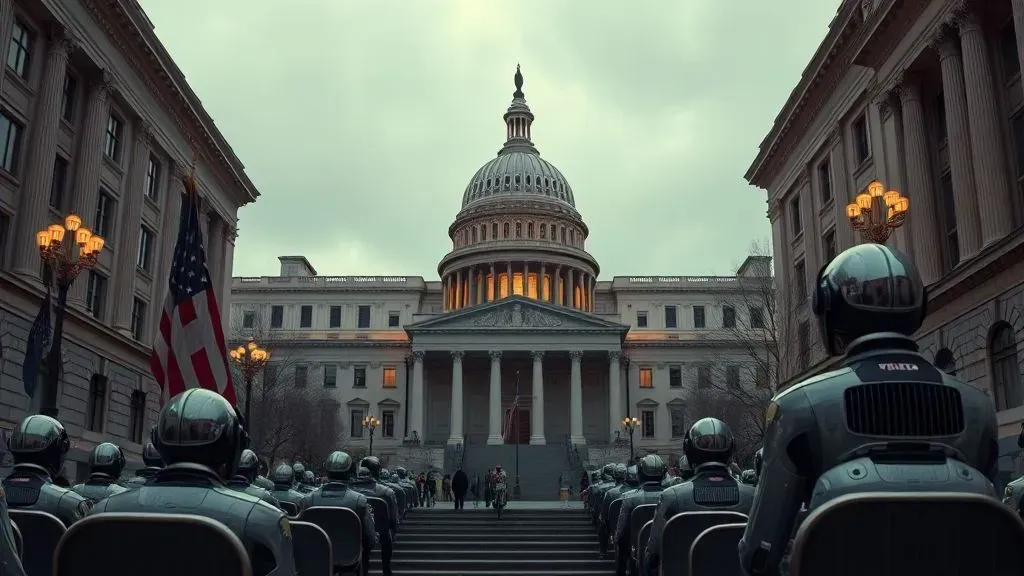Connecticut has taken a firm stance against cryptocurrency adoption within its government operations, joining a growing list of US states rejecting Bitcoin reserves and crypto-related investments.
Connecticut Legislation Prohibits Crypto Use in Government
The House Bill 7082, titled “An Act Concerning Various Revisions to the Money Transmission Statutes, State Payments and Investments in Virtual Currency,” received bipartisan support and was signed into law recently.
The legislation explicitly states that neither the state nor any local government division shall accept cryptocurrency payments or hold crypto assets, effectively banning crypto investments by public entities.
This move underscores a broader trend among US states to regulate or outright prohibit state-level crypto holdings, often citing concerns over volatility and regulatory uncertainty.
Bipartisan Support and Voting Trends
The bill was first introduced in February 2025 by Connecticut’s joint committee on banking, with notable Democratic support from lawmakers like State Representative Ken Gucker, Senator Patricia Miller, and Senator Matthew Lesser.
In May, the bill saw overwhelming approval, passing with 148 votes in favor and no opposition, highlighting the Democratic majority's influence on crypto policy in Connecticut.
Some commentators suggest that political dynamics, particularly Democratic criticism of memecoins and digital asset associations with former President Trump, influenced this unanimous support.
Industry Perspectives: Is the Ban Substantive?
Industry insiders like Aaron Brogan of Brogan Law argue that the ban “does nothing of substance,” viewing it more as a symbolic gesture rather than an actual barrier to crypto innovation.
Brogan noted that Connecticut’s governor still needs to sign the law, while additional disclosure requirements for private sector money transmitters could impose operational costs.
State-Level Rejection of Bitcoin Reserves Continues
Under the Trump administration, the number of US states considering Bitcoin reserve proposals increased to 31, but Connecticut is among five—Montana, Wyoming, North Dakota, South Dakota, and Pennsylvania—that have explicitly rejected such initiatives.
Some online commentators point out that these bans may be driven by concerns over market volatility and regulation rather than technological feasibility.
Social Media Echoes and Public Sentiment
A key tweet from a recent online discussion illustrates the debate:
The sentiment underscores how political polarization influences crypto regulation at the state level, with some viewing these bans as symbolic moves against the industry.
Implications for Crypto adoption and Regulation
As more states consider or enact restrictions on government-held crypto assets, the regulatory landscape in the US continues to evolve rapidly.
While Connecticut’s ban may limit public sector participation, private sector innovation persists amidst ongoing legal and political debates.
This development highlights how state-level policies remain crucial for understanding broader trends in crypto adoption and regulation across the US.




